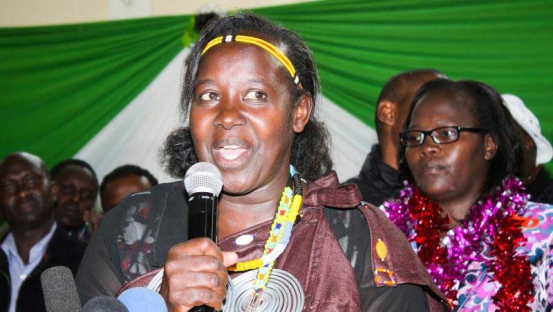×
The Standard e-Paper
Home To Bold Columnists

Jubilee Party (JP) lost two seats in its stronghold of Uasin Gishu County, the backyard of Deputy President William Ruto, to an unlikely rival — independents.
The DP will now be represented in the National Assembly by an independent legislator following the election of Janet Rotich Sitienei as MP for Turbo constituency.